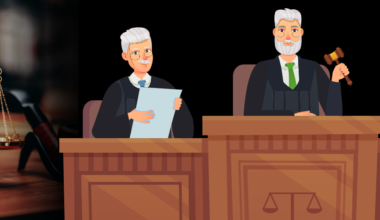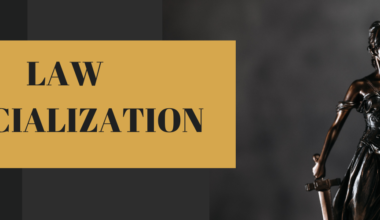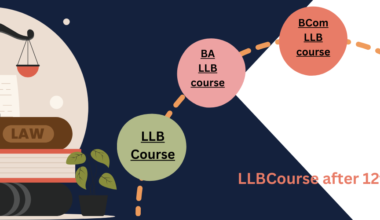A central principle of the rule of law is the principle of the equality before the law for all the citizens. Legal aid should be available for those persons who cannot afford the costs of the justice and therefore to ensure that the justice does not become a preserve for the rich. This ensures that a durable legal aid system is provided to the poor who constitute, in most of the African societies, the bulk of the population.
Is the term access to the justice is broader than legal aid? Legal aid is viewed as a means of ensuring the justice system that is accessible and available to all. Significantly, the access to justice is primarily concerned with giving every citizen the opportunity to assert their rights. In practice, it is now globally acknowledged that multiplying the number of courts alone does not mechanically translate into the fulfillment of people’s right to access the justice.
In this connection, the ease with which the citizens access competent, the independent and impartial court of the law indicates the presence of a healthy human rights system in any society. When the right of access to the justice is not protected, all other related rights and the freedoms are placed in jeopardy. One of the most essential aspects of access to the justice is the right to legal aid for the needy. Mere the formal recognition of the principle that all men are equal guaranteed equality before the court would not mean much if the one party has a lawyer and the other does not. Effective access to the justice is achieved only when no person is deterred by the financial or any other barriers from asserting a right through legal means. While the ultimate realization of this goal may be utopian, the significant steps towards achieving this milestone can be taken by the constructing the robust legal aid system that is accessible to all. Hence, the right to legal aid is fundamental to ensuring that there is effective access to justice in a community.






